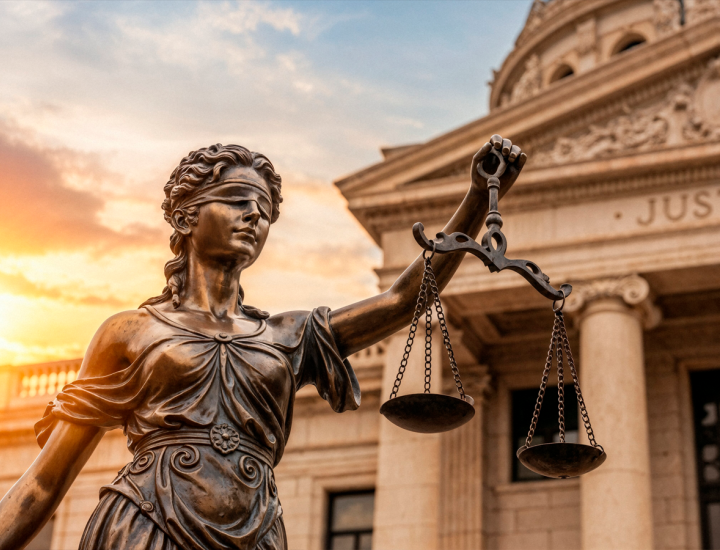
Law in the Service of Society: Why Civilization Cannot Exist Without a Legal System
When we reflect on the signs of civilization — from skyscrapers to thriving economies and advanced education — we sometimes overlook the hidden foundation that makes all these achievements possible and sustainable: the law.
Without rules that organize relationships and regulate behavior, no society can remain stable or prosper. The law is not merely a collection of static articles and clauses; it is the backbone that ensures the continuity of social life, transforming chaos into order and differences into constructive interaction.
Law Does Not Restrict — It Regulates: Freedom Within Responsibility
It is a mistake to think of the law as a prison for freedom. On the contrary, it is the framework that makes freedom possible for everyone — not for one person at the expense of others. The wider the scope of freedom, the greater the need for rules to ensure it does not turn into chaos. Here, the law acts as a safety valve, regulating the balance between individual rights and the collective interest. It is not a guardianship imposed by a higher authority but an expression of society’s need for fair coexistence.
From Chaos to the Rule of Institutions
Civilizations are not built on whims or individual decisions but on institutions governed by clear and equal rules. The law is what transforms governance from the rule of the individual to the rule of the system. In a state governed by the rule of law, disputes are not settled based on mood or power but through fair courts and clear legal procedures. In this way, the question shifts from “Who is stronger?” to “Who is right?” — replacing the law of might with the law of justice.
Law Builds Trust and Strengthens Belonging
Trust between individuals and state institutions is not built through slogans but through the equal application of the law to everyone without exception. When citizens feel their rights are protected and wrongdoers are held accountable, a true sense of belonging emerges. The law gives individuals the confidence that they do not need wealth or influence to secure their rights — it is enough to be a citizen in a country governed by justice. Here, the law shifts from being merely a tool of regulation to becoming a source of safety and belonging.
Law as a Civilizational Indicator on the International Stage
In today’s world, the progress of nations is measured not only by their economic or military strength but also by their commitment to the rule of law. Countries that respect the law internally are respected externally. Justice, transparency, and judicial independence are no longer merely internal issues but have become global standards by which nations are valued and ranked on the international stage.
There can be no civilization without law, and no progress without justice. The law is the essential condition for any renaissance and the foundation on which strong societies and stable states are built. Respecting the law is not a burden but a genuine contribution to building a prosperous nation. Anyone who wishes to help shape civilization must start by committing to its rules.
No comments yet, your opinion matters!
Be the first to share your thoughts and kickstart the conversation. We can’t wait to hear what you think!